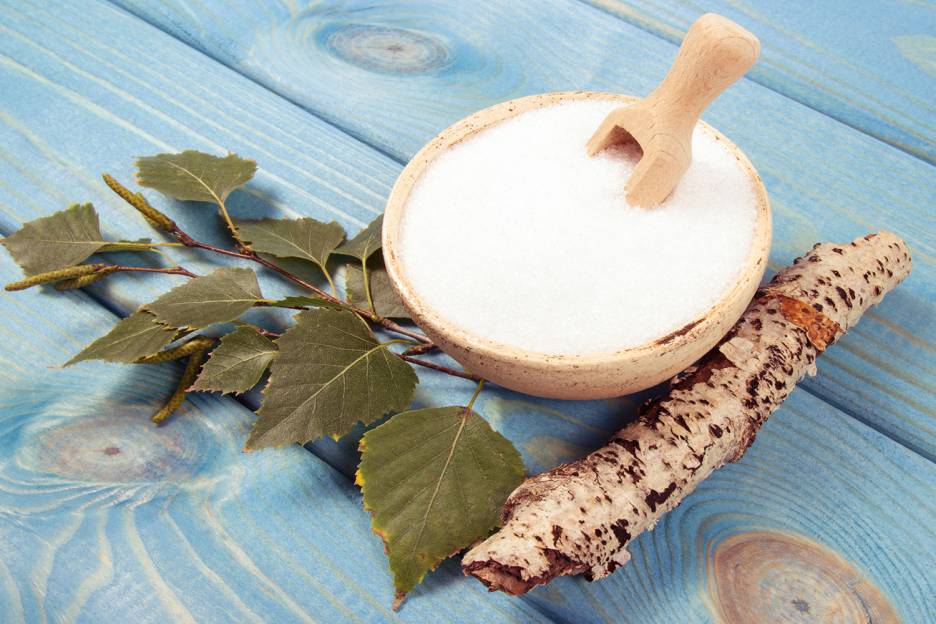
Monday – Friday: 10am – 7pm
Saturday: 10am – 6pm
Sunday: 1pm – 6pm

Xylitol is a sugar alcohol found in birch trees and many plants, fruits, and vegetables. It’s also naturally produced by the body; normal metabolism can produce up to 15 grams (g) daily.
Xylitol is a low-calorie sweetener, equal in sweetness and volume to table sugar. In granular form, it can be used in a similar manner, such as sweetening cereals and hot beverages and for baking that does not require sugar for yeast to rise. It’s also available in chewing gums, mints, toothpastes, and other natural products.
Research supports using xylitol to prevent cavities and tooth decay, especially in young children. Bacteria cannot utilize xylitol to grow; therefore, fewer decay-causing bacteria survive on the tooth’s surface over time, reducing plaque formation.
Studies show that mothers who regularly chew xylitol gum are less likely to pass bacteria associated with cavities and ear infections to their children, and that kids given xylitol products or nasal spray are less likely to develop ear infections.
This natural sweetener may help to regulate blood sugar in people with Type 2 diabetes.
Other potential benefits include alleviating dry mouth and supporting bone health. To reap the full benefit, a total intake of 5 grams a day is suggested. (About three to five mints or pieces of gum daily, for example.)
Be aware that high doses may cause an upset stomach.
Although it is considered safe for humans, xylitol is extremely toxic to dogs, so exercise caution around pets.